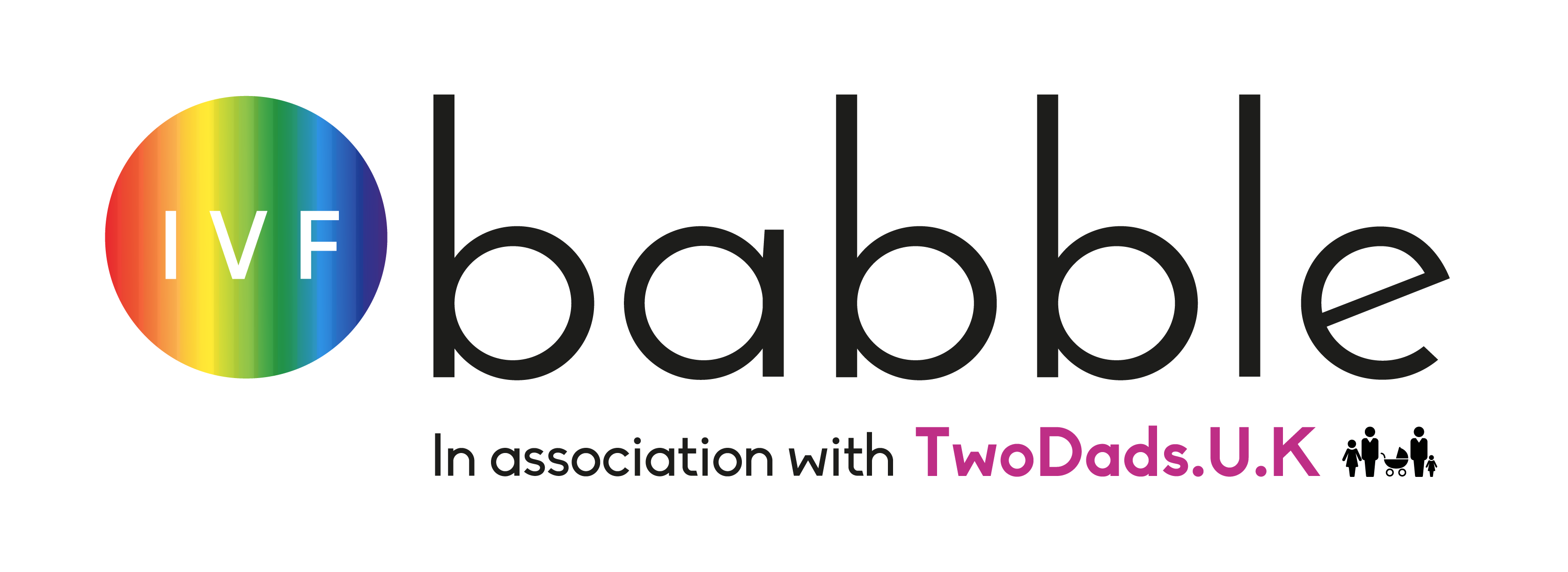by Sam Everingham of Growing Families
The priority of most nations in response to the Covid-19 pandemic has been to close their borders to foreigners while getting their own citizens ‘back home’
Many countries have shut down government departments, closed visa applications – some have introduced night-time curfews.
This repatriation focus on nationality over need has had a terrible impact on thousands of couples engaged in international surrogacy arrangements globally
Many of these have had children born to surrogates in recent months, or are expecting births in the days, weeks and months ahead.
The key nations with surrogacy births to foreigners currently are the US, Canada, Ukraine and Georgia. Each has their own risks and complexities in entering and survival. For some countries the closure of services such as Birth, Deaths and Marriages departments on top of a ban on hospital visitors has seen undocumented newborns lying in hospitals for weeks with only basic nursing support.
The barriers for worried parents are many – in the case of the US, it is the enormous risks of Covid-19 exposure as well as difficulty getting a US passport in the face of government shutdowns.
In Ukraine & Georgia, their airspace remains closed to all but locals needing to return home. Both countries also require intended parents to apply for special permission to enter – but these applications need to come from their embassies. Anti-surrogacy nations like France and Spain are refusing to co-operate – leaving their citizens with no chance to be united with their newborns for possibly months. Conversely nations such as Australia and the US are working long hours to do all they can to assist.
Canada has done a particularly good job of overcoming its ban on foreigners entering Canada, passing emergency amendments to ensure that intended foreign parents could be considered family members of their (as yet unborn) children. However Canadian Border Force is now draconian in its response to foreigners needing to fly.
Some parents with the economic means have travelled overseas months earlier than their expected birth, in case travel restrictions tighten further. Many who want to do the same have just too many barriers.
Caitlin Mulcahy is a mum who was trapped in Tbilisi, Georgia for months
The decision to engage in overseas egg donation and later surrogacy was not made lightly
‘For me, after 10 years of attending a bunch of fertility clinics and being lead along to believing they could actually do something for me – after paying thousands for IVF and very poor customer service, (we) finally looked outside the box and researched other options overseas….. The overseas agencies and clinics are very efficient and successful … customer service is superior’
She and husband Russell arrived in Georgia on 28 February with a one-year old Clayton in tow. Their surrogate, unusually, was carrying triplets and the birth occurred hours before their arrival.
Her newborns were six weeks premature, so were rushed to neonatal intensive care. It was three weeks before they were well enough to be discharged. Caitlin & Russell were forbidden from even visiting the hospital until then.
Georgia has imposed some of the strictest restrictions of any nation. In the seven weeks since the Mulcahy’s arrived, these have worsened. The only services open are supermarkets, pharmacies, and general medical services No one is allowed outside unless to these facilities. There is a curfew after 9pm. Fertility clinics are closed indefinitely.
On 17 April Georgia imposed further bans
No car or taxi movement without special permission. Face masks are now mandatory but pharmacies have no masks or gloves left in stock. Even pharmacies are closing as their supplies dwindle.
While Caitlin and Russell remained remarkably stoic and practical – Russell does the night shift then sleeps in the day – Catitlin does the daytime shifts – it has been tough. ‘I’ve found it quite difficult mentally being stuck inside all day, everyday‘ admits Caitlin.
The Public Service Hall where birth certificates are issued, documents are translated and notarised is closed indefinitely
It means processes required for Australian citizenship processing are not available.
‘Our babies have never had a check-up – because of the quarantine measures they said not to bring them to the hospital again’ says Caitlin . ‘It has been a nightmare situation. Trying to get through each step is difficult and there are several milestones to be reached before the next can occur’.
Their government have made special arrangements to accept alternative documents and translations, but in Caitlin’s case, the birth hospital was for over a month unable to produce birth records. Without them, her babies remained a citizen of no nation.
The triplets eventually received travel documents, but with Australia having no diplomatic mission in Georgia, it has been the UK embassy stepping in to provide emergency travel documents.
But for the Mulcahy’s there was a bigger problem
According to aviation law, each infant needs to be seated with an adult on flights. Caitlin’s brother was booked to come to Georgia to help out – until all flights were cancelled. Caitlin put out a desperate plea on social media for any other Australians in Georgia who might help. It was many weeks before they found a saviour
There are hundreds of couples with similar stories around the globe
One couple’s daughter was born in Tbilisi almost seven weeks ago. While her parents have finally received permission from authorities to travel to be united with their daughter, there are no flights available. Their daughter was refused a DNA test as there was no legal guardian present.
For the dozens of UK and other families with babies born or due overseas, the situation is almost as dire. Special permission to travel is required. The lucky ones sneak in on repatriation flights. Those bound for Ukraine often make a perilous 8 hour land crossing from neighbouring Belarus or Poland, armed with folders of documents before entering two weeks of quarantine.. Given the Covid-19 situation in Eastern Europe remains so fluid, Ukraine will only grant such permission 48 hours before an intended parent is due to cross the border.
Some have further complications
Citizens of France, Spain, China, Germany, Poland and other nations have found their governments refusing to help with travel permissions. It means many babies lie alone in hospitals, as their parents pray to be united with them. Meanwhile dozens of foreign couples from around the globe remain trapped overseas with newborns.
It is an anxious time for many intended parents
We have been contacted by UK, Swedish, French, Canadian, US, Spanish, New Zealand and many Australian couples desperate for help their own governments will not or are struggling to provide. Some have resigned themselves to putting in place temporary care arrangements for their children.
So what is needed? More co-operation between governments to ensure the welfare of vulnerable newborns is not forgotten amidst the global panic around viral containment. There will be solutions and new parents are needing to be patient as this nightmare continues.
Sam Everingham is joining us on The Cope Talks tomorrow to discuss this and all other aspects of surrogacy. Click here to register to secure your place








